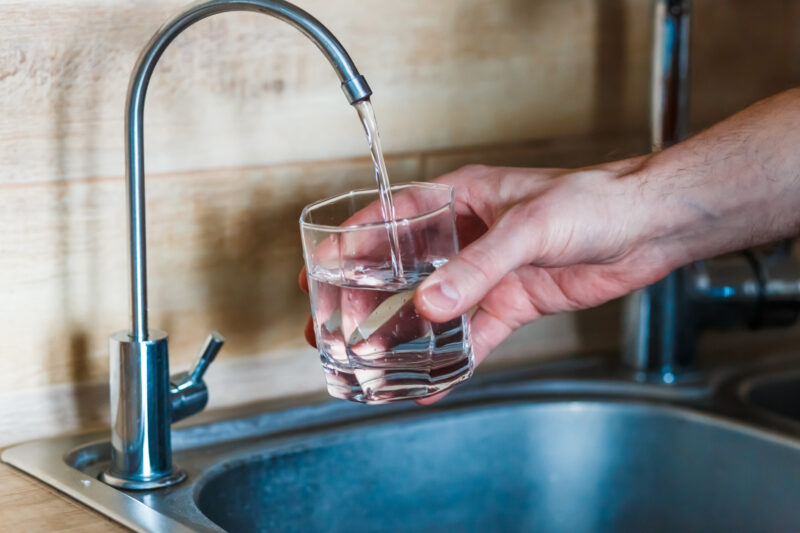
Should You Drink Tap Water? What You Need to Know
The United States is home to 2.2 million miles of pipes that supply drinking water. Thanks to these pipes, US consumers can use an average of 82 gallons of clean drinking water a day.
However, aging infrastructures have given rise to concerns about drinking water integrity.
With that said, you may be wondering if it’s still a good idea to guzzle water from the tap. So, why and when should you drink tap water, and what can you do to make sure it’s safe?
This guide answers all those questions, so be sure to keep reading!
Why Should You Drink Tap Water?
Water fluoridation is one of the 20th century’s top 10 public health achievements in the US. After all, adding fluoride to drinking water helps reduce the risks of tooth cavities.
Therefore, tap water is one of your best sources of fluoride. Studies found that drinking fluoridated water can reduce dental decay risks by 30% to 60%.
Tap water is also a good source of other important nutrients, such as calcium and magnesium. It also contains copper, sodium, and other health-beneficial trace minerals.
When Is It Safe and Okay to Drink from the Tap?
The Safe Drinking Water Act is a federal law governing public drinking water supplies in the US. Thanks to the SDWA, 92% of folks who use community systems drink water that meets health standards.
What about the remaining 8%, then?
In some cases, water contamination problems occur due to accidents or system defects. Air and land pollutants can also affect public water supply integrity. Either way, community water systems must tell the public about contamination right away.
So, you’ll know if your tap water is safe or not as your local supplier must inform you. The SDWA also requires them to prepare and distribute yearly water quality reports. These reports will give you a clear idea of what’s in your tap water and if it’s safe to drink.
Many issues with tap water also trace back to high calcium and magnesium content. The water industry refers to water that contains too much of these minerals as hard water.
Hard water isn’t a massive health hazard. However, it can taste funny, cause limescale, and reduce soap efficiency. In this case, installing a water softener can be enough to reduce the mineral content in your tap water.
If you want round-the-clock assurance that your tap water is safe, you might want to invest in a water filter. They filter most contaminants, including toxic metals, sediments, molds, pesticides, and even gases.
Why Not Bottled Water?
The price of bottled water is so unfair it costs thousands of times more than the water you get from your tap. What’s more, health experts say that bottled water often comes from the same tap water sources. They also say that bottled water isn’t necessarily safer or better than tap water.
Ditch the Bottle and Go With Tap Water Instead
There you have it, the guide that answers your questions, “why and when should you drink tap water?” As you can see, tap water is generally safe to drink and can even have added health benefits. In contrast, bottled water comes with an unjust price, even though it consists mostly of tap water.
Looking for even more health, lifestyle, and home tips and tricks? Then have a look at our latest educational news and blog posts!
